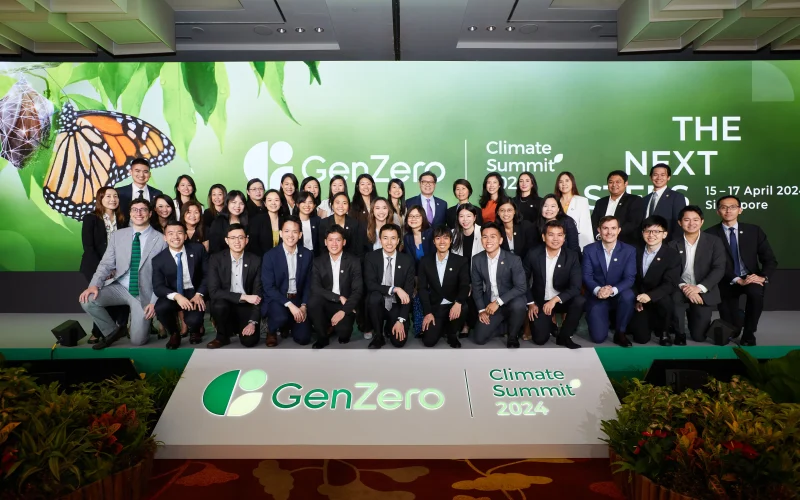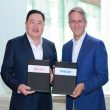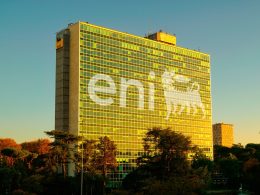Singapore-based climate investment firm GenZero has reported that its investments have directly reduced or removed three million tonnes of planet-warming emissions from the atmosphere as of 31 December 2024.
The figures were disclosed in the company’s inaugural sustainability report, published on 1 September. GenZero now aims to achieve at least seven million tonnes of direct reductions or removals through its portfolio by 31 March 2028 — equivalent to around 10.9 per cent of Singapore’s projected emissions for that year.
Established in 2022 by Temasek with an initial capital injection of around US$5 billion, GenZero focuses on building credibility in global carbon markets by investing in nature-based projects, decarbonisation technologies, and verification services. Chief executive Frederick Teo said that most of the firm’s initial funding has yet to be deployed, but stressed that setting a quantified climate impact target placed the firm among the first investment houses globally to do so.
“Many organisations announce net-zero targets, but fewer link their goals to actual climate impact,” said Sofia Galanek, the report’s coordinator. “We hope that by setting a measurable target, we can hold ourselves to a higher level of accountability and contribute to the wider conversation on standardising impact measurement.”
The target, Teo explained, covers only direct reductions or removals — such as forest restoration — and excludes investments that may yield indirect benefits, such as sustainable aviation fuel. “Without enabling infrastructure and services, nature and technology solutions cannot reach their potential,” he added.
GenZero’s global portfolio includes stakes in Aurora Sustainable Lands, which manages US forests to enhance carbon absorption; CleanJoule, a start-up producing sustainable aviation fuel; and BeZero Carbon, a ratings agency that assesses the credibility of carbon projects.
Despite industry scepticism over carbon offsets — intensified by a 2023 Guardian investigation that questioned the integrity of rainforest credits — GenZero maintains that improved standards and greater transparency will underpin market resilience. Policy director Anshari Rahman argued that carbon markets remain a crucial decarbonisation tool for Asia: “They provide revenue streams for conservation projects and can accelerate climate action in South-east Asia.”
Cumulatively, GenZero’s direct and indirect climate impact amounted to 12.9 million tonnes by the end of 2024. Looking ahead, the firm plans to expand into projects with co-benefits beyond carbon, such as biogas for energy security and agroforestry initiatives that improve local livelihoods.
Kimberly Tan, managing director and head of investments, said: “We are looking at sustainable cocoa or coconut production models that combine carbon benefits with higher productivity and community development.”





















